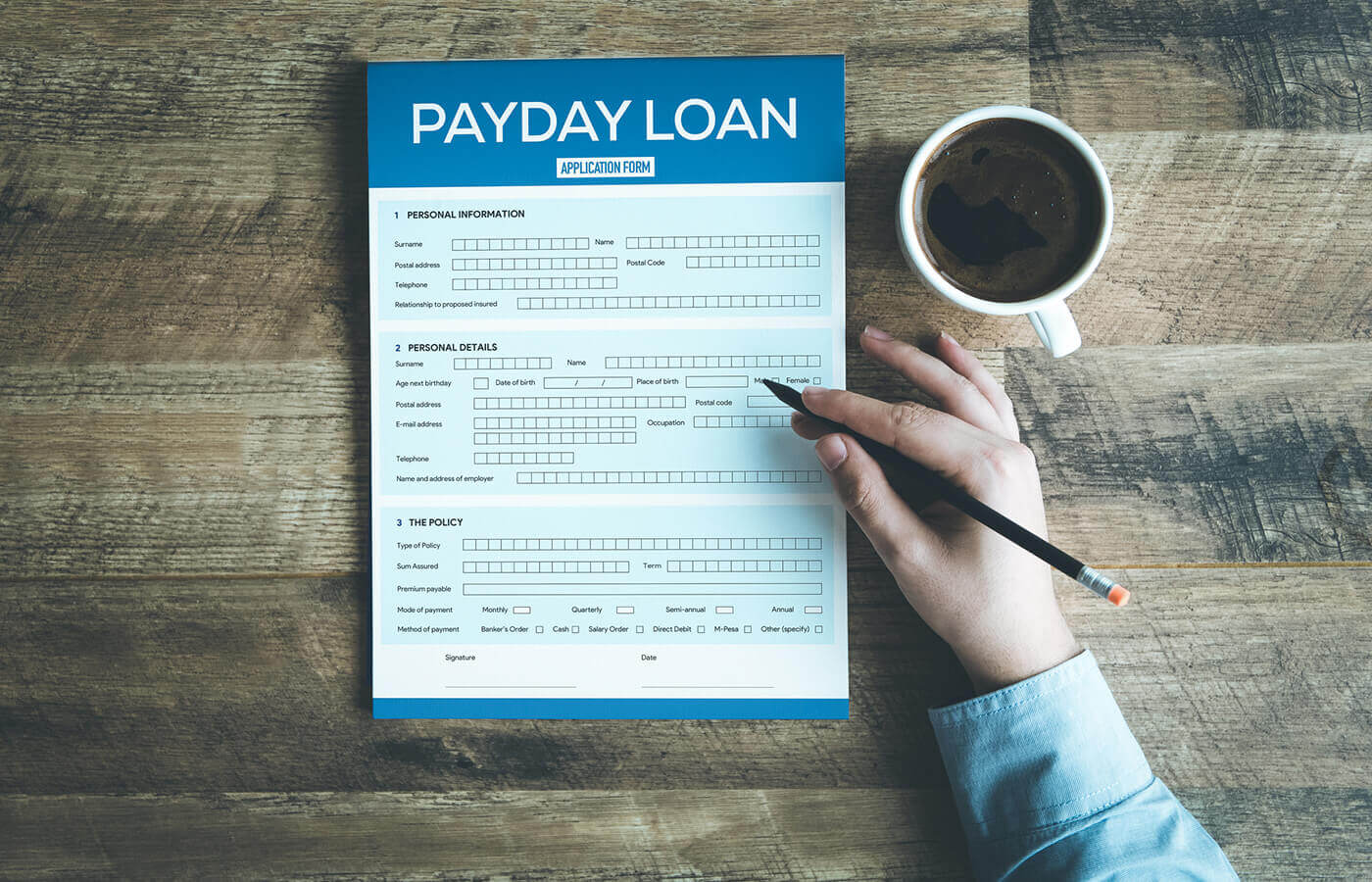A Comprehensive Guide to Home Loans: Solutions and Options Explained
Charting the world of mortgage can be intricate. Various alternatives exist, each with one-of-a-kind functions and implications for possible homeowners. Recognizing the distinctions between government-backed and traditional loans is important. The application procedure entails meticulous documentation and pre-approval actions that numerous ignore. As consumers commence on their home-buying journey, understanding how to handle these duties effectively could mean the difference between monetary security and difficulty. What strategies can equip them on this path?
Understanding Home Loans: Types and Terminology
Comprehending the various types of home finances and their linked terms is essential for potential home owners, as it outfits them with the expertise required to make enlightened economic choices. Mortgage can be extensively categorized into fixed-rate and adjustable-rate mortgages. Fixed-rate mortgages preserve a regular rate of interest over the life of the loan, offering security in monthly payments. On the other hand, variable-rate mortgages feature rate of interest rates that might rise and fall after a first fixed period, potentially bring about lower preliminary repayments yet raised future expenses.
Additional terms is necessary for quality. Principal refers to the funding amount obtained, while rate of interest is the price of loaning that amount. The regard to the financing suggests its duration, typically ranging from 15 to three decades. Comprehending these fundamental principles allows potential customers to browse the complicated landscape of home financing, guaranteeing they select the appropriate finance choice that straightens with their financial circumstance and long-term objectives.
Traditional Fundings vs. Government-Backed Loans
A significant difference in home financing exists between traditional lendings and government-backed finances, each satisfying different debtor needs and scenarios. Standard car loans are not insured or assured by the federal government and generally need higher credit report and deposits. They are typically appealing to debtors with steady financial histories, as they may supply competitive rates of interest and terms.
On the other hand, government-backed financings, such as FHA, VA, and USDA finances, are developed to aid specific teams of debtors, consisting of new homebuyers and veterans. These fundings generally include reduced deposit needs and more flexible debt criteria, making them accessible to a wider variety of individuals.
Eventually, the option in between conventional and government-backed lendings hinges on the borrower's financial circumstance, long-lasting goals, and eligibility, making it vital to thoroughly review both alternatives prior to making a choice.
The Function of Rates Of Interest in Home Financing
Rates of interest play an important function in home funding, affecting consumers' choices between variable and fixed price lendings. The selection between these alternatives can substantially affect regular monthly payments, influencing general affordability. Understanding how rate of interest function is vital for any individual navigating with the mortgage process.
Taken Care Of vs. Variable Rates
Homebuyers face a vital decision when selecting between taken care of and variable rates, as this option greatly affects the cost of funding gradually. Fixed-rate mortgages use stability, securing in a rate of interest rate for the life of the lending, which can be advantageous in an increasing interest price setting. This predictability allows house owners to budget better. Conversely, variable-rate home mortgages, or variable-rate mortgages (ARMs), generally start with reduced initial prices that can change based upon market problems. While this might result in lower initial repayments, debtors encounter the threat of raised rates in the future. Eventually, the choice in between fixed and variable rates depends upon specific economic circumstances, danger resistance, and expectations regarding future rates of interest patterns.
Effect On Month-to-month Repayments
When assessing home financing options, the impact of rate of interest prices on regular monthly settlements is an essential variable to consider. Rates of interest straight affect the general price of borrowing, affecting how much a debtor will pay monthly. A lower rates of interest lead to smaller monthly repayments, making homeownership much more cost effective. Alternatively, higher rates can significantly raise monthly responsibilities, possibly straining a house owner's spending plan. Additionally, the funding term plays a crucial function; longer terms might spread payments out but can bring about paying more passion over time - Cash Loans. Understanding exactly how rate of interest prices interact with car loan amounts and terms is crucial for customers to make educated financial decisions and pick a home loan that lines up with their long-term monetary objectives
Mortgage Brokers vs. Direct Lenders: Which Is Right for You?
When considering a home mortgage, possible consumers must comprehend the distinctive roles and obligations of home loan brokers and direct loan providers. Each alternative presents its own advantages and drawbacks, which can significantly affect the general price of financing. An educated choice requires careful analysis of these elements to determine the most effective fit for private needs.
Duties and duties Specified
Maneuvering the complexities of home funding needs a clear understanding of the functions and duties of home loan brokers and direct lenders. Fast Cash. Home loan brokers work as middlemans, linking borrowers with lenders. They evaluate a customer's financial circumstance, curate funding alternatives, and overview clients with the application process, usually leveraging numerous loan provider connections to protect desirable terms. On the other hand, direct loan providers, such as financial institutions and lending institution, offer fundings straight to borrowers. They take care of the whole car loan process, from application to funding, with a focus on their very own items. Each choice offers distinctive methods for getting financing, making it crucial for consumers to examine their preferences and needs when choosing between engaging a home loan broker or dealing with a straight lender
Benefits and drawbacks Contrast
Choosing in between a home mortgage broker and a direct lending institution can substantially impact the home funding experience, as each alternative offers one-of-a-kind benefits and drawbacks. Home mortgage brokers work as intermediaries, supplying access to multiple lenders and possibly far better prices, while streamlining the lending process. Nevertheless, they might bill costs and count on commission structures that might affect their suggestions. On the various other hand, straight loan providers improve the procedure by providing internal fundings, which can lead to quicker approvals and fewer issues. Conversely, they may have a minimal selection of items and much less adaptability regarding rates. Ultimately, the decision rests on individual choices, economic circumstances, and the desired degree of support throughout the home loan journey.
Price Implications Evaluated
While examining the price ramifications of home mortgage brokers versus straight loan providers, possible house owners need to take into consideration different variables that can considerably affect their total expenses. Home mortgage brokers typically charge fees for their services, which can vary considerably, influencing the overall finance cost. Nonetheless, they commonly have accessibility to a larger variety of loan items and competitive rates, potentially conserving borrowers cash in the future. Alternatively, direct loan providers might provide a more simple procedure with potentially lower upfront costs, however their financing options check my reference may be restricted. It is crucial for home owners to contrast rate of interest rates, fees, and terms from both brokers and lenders, guaranteeing they make an educated choice that lines up with their economic goals and requirements.
The Home Mortgage Application Refine: What to Expect
The home car loan application procedure can frequently really feel frightening for several applicants. It generally starts with gathering essential documents, including proof of income, credit report history, and personal identification. Lenders utilize this details to analyze the candidate's monetary stability and identify financing qualification.
Next off, candidates send a formal application, which may involve filling out online forms or providing information in individual. more helpful hints During this stage, loan providers evaluate different variables, such as debt-to-income proportion and credit history, to select finance terms.
When pre-approved, the loan provider will certainly conduct a detailed appraisal of the residential property to establish its worth aligns with the finance amount. This stage might additionally include additional background checks.
After final approvals and problems are fulfilled, the car loan is refined, bring about the closing phase. Understanding each step equips applicants, making the trip smoother and extra convenient as they approach homeownership.
Tips for Managing Your Mortgage Sensibly
Successfully steering the home mortgage application process is just the start of a liable economic trip. Managing a home mortgage needs interest to a number of key methods. Customers must establish a clear spending plan that suits month-to-month home loan repayments, home taxes, and insurance coverage. Regularly examining this spending plan helps avoid overspending and guarantees timely settlements.

Furthermore, making extra repayments when possible can substantially lower the loan principal and total interest paid with time. Consumers should additionally keep open lines of interaction with their lending institution, particularly in times of financial difficulty - Payday Loans. This can result in prospective options such as car loan modifications or refinancing choices
It is a good idea to keep an eye on credit history scores routinely. A great credit rating can give chances for much better financing terms in the future. By complying with these suggestions, homeowners can browse their car loan responsibilities effectively, assuring long-term economic health and security.
Frequently Asked Concerns
What Are Closing Costs and Exactly How Are They Calculated?
Closing expenses incorporate charges connected with completing a home loan, including assessment, title insurance coverage, and car loan source fees. These prices generally range from 2% to 5% of the loan amount, differing based on area and loan provider.

Can I Get a Home Mortgage With Bad Credit Score?
Yes, people with bad credit report can get approved for a home mortgage, though choices might be restricted. Lenders usually require higher deposits or rates of interest, and exploring government-backed car loans might boost chances of approval.
What Is Home loan Insurance and When Is It Needed?
Mortgage insurance secures lenders against default and is generally called for when a borrower makes a deposit of less than 20%. It ensures that lending institutions recoup losses if the consumer fails to pay back the financing.
How Does Refinancing Work and When Should I Consider It?
Refinancing includes replacing an existing this article home mortgage with a brand-new one, normally to protect a reduced rates of interest or modification loan terms. Property owners must think about re-financing when rate of interest drop substantially or their economic scenario improves.
What Happens if I Miss a Mortgage Payment?
If a mortgage settlement is missed out on, the loan provider usually assesses late costs, reports the delinquency to credit history bureaus, and may initiate foreclosure process if repayments continue to be overlooked, eventually jeopardizing the homeowner's home.
Fixed-rate mortgages maintain a consistent passion rate over the life of the financing, supplying security in regular monthly repayments. A significant distinction in home funding exists between government-backed loans and traditional car loans, each catering to different debtor needs and situations. In contrast, government-backed financings, such as FHA, VA, and USDA car loans, are made to assist particular groups of consumers, consisting of new property buyers and experts. Interest prices play a crucial role in home funding, influencing consumers' decisions between set and variable rate loans. Fixed-rate mortgages supply security, locking in a passion rate for the life of the financing, which can be beneficial in a climbing interest rate setting.